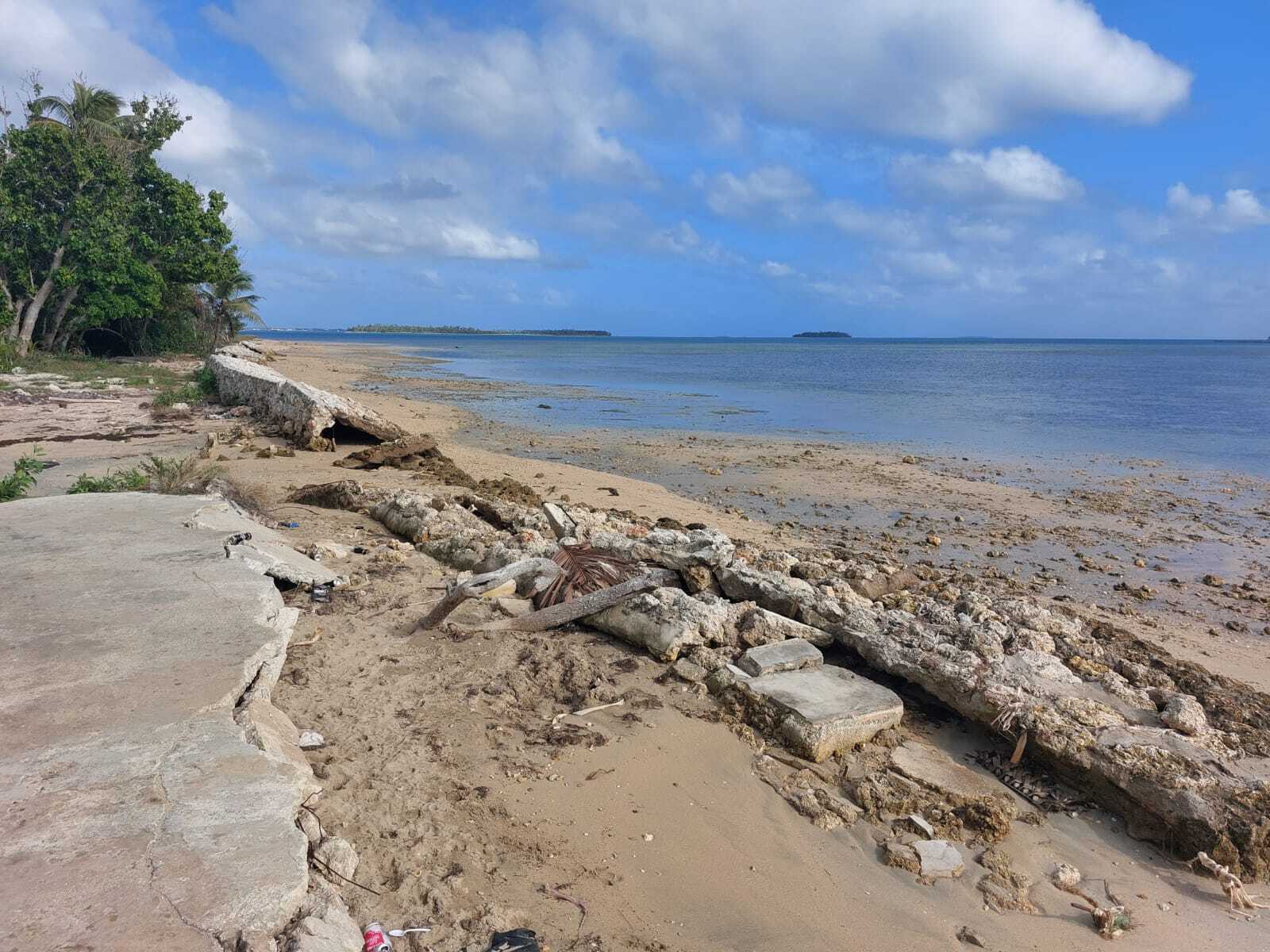Tonga faces permanent losses from sea level rises and is at risk from a seismic event, according to a new report by the Asian Development Bank (ADB) and the Government of Tonga launched today.
The 2023 Multi-Hazard Disaster Risk Assessment was launched by Tonga’s Deputy Prime Minister Samiu Vaipulu, together with Minister of Finance Tiofilusi Tiuteti and ADB Disaster Risk Management Specialist Alexandra Galperin at the event attended by senior government officials, religious leaders, civil society, media, and private sector representatives.
“Tongans are very resilient people, and we have shown this again and again, when dealing with large-scale disasters,” said Vaipulu. “This report provides a benchmark against which our plans and efforts to increase the resilience of Tonga will be analysed and improved so we can continue working towards a more resilient and prosperous future.”
The report by ADB and the Tongan government is the result of an in-depth analysis of climate and disaster risks in 2020–2021. The original study provided an important assessment of climate and disaster risks affecting people on Tonga’s main island, Tongatapu, focusing on people, infrastructure, and services.
“The assessment shows that data collected post-disaster on asset performance across sectors is critical for better understanding risk, which leads to more informed decision making,” said Galperin.
“This report identifies areas at highest risk, the associated financial and physical losses and helps inform the development of strategies and projects to help Tongan communities cope better and adapt to climate change.”
The report shows earthquakes, while rare, are the dominant hazard and frequent flood events also result in significant losses. It also revealed that, in the absence of adaptation measures, permanent losses from sea level rise would be high in the future. In total, buildings have the highest risk of losses due to having the greatest volume of assets, while flooding causes significant losses to roads, in relation to the absolute value of road assets. While losses to the power and water sector are smaller, they can result in service disruption and indirect losses.
Large-scale disasters such as tropical cyclones Ian, in 2014, and Gita, in 2018, as well as the eruption of the Hunga Tonga–Hunga Ha’apai volcano, in 2022, affected up to 80 percent of Tonga’s population and wiped out between 12 percent–40 percent of the gross domestic product.
SOURCE: ADB/PACNEWS














